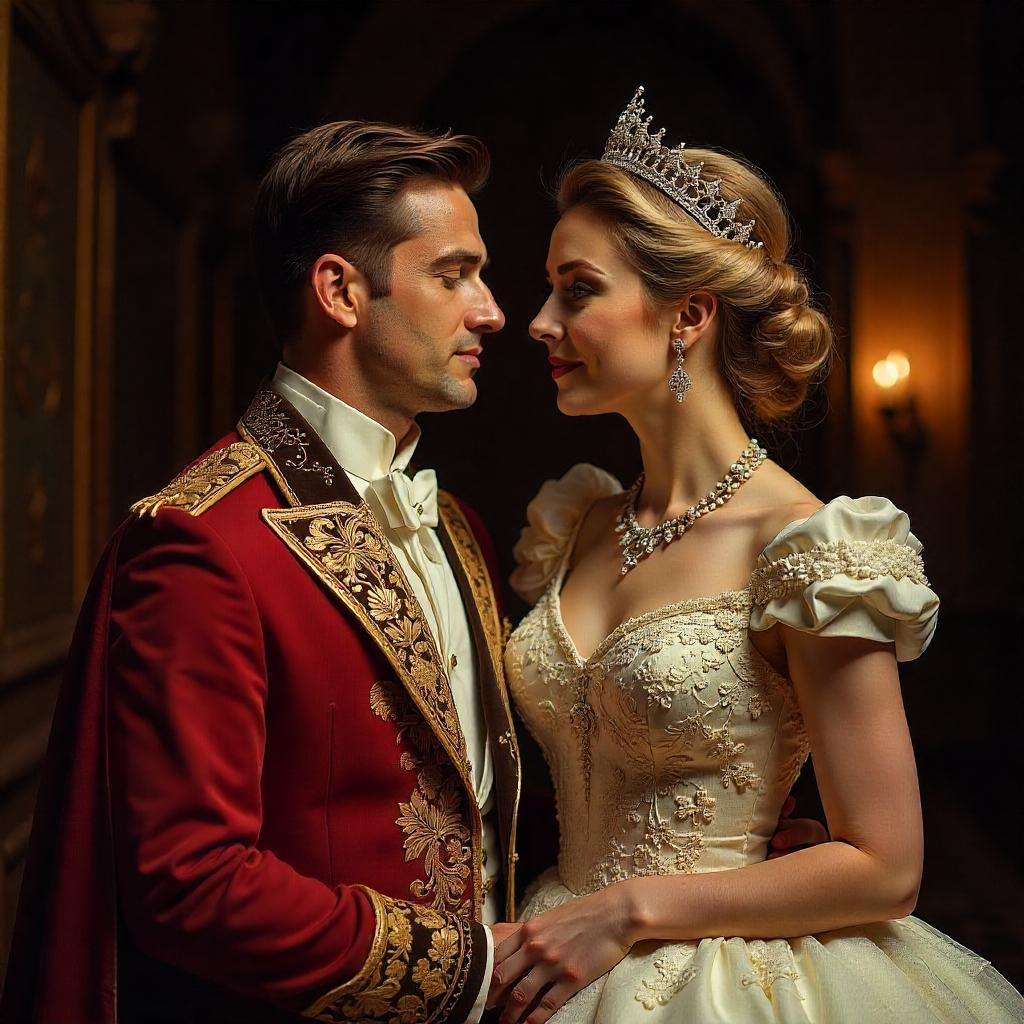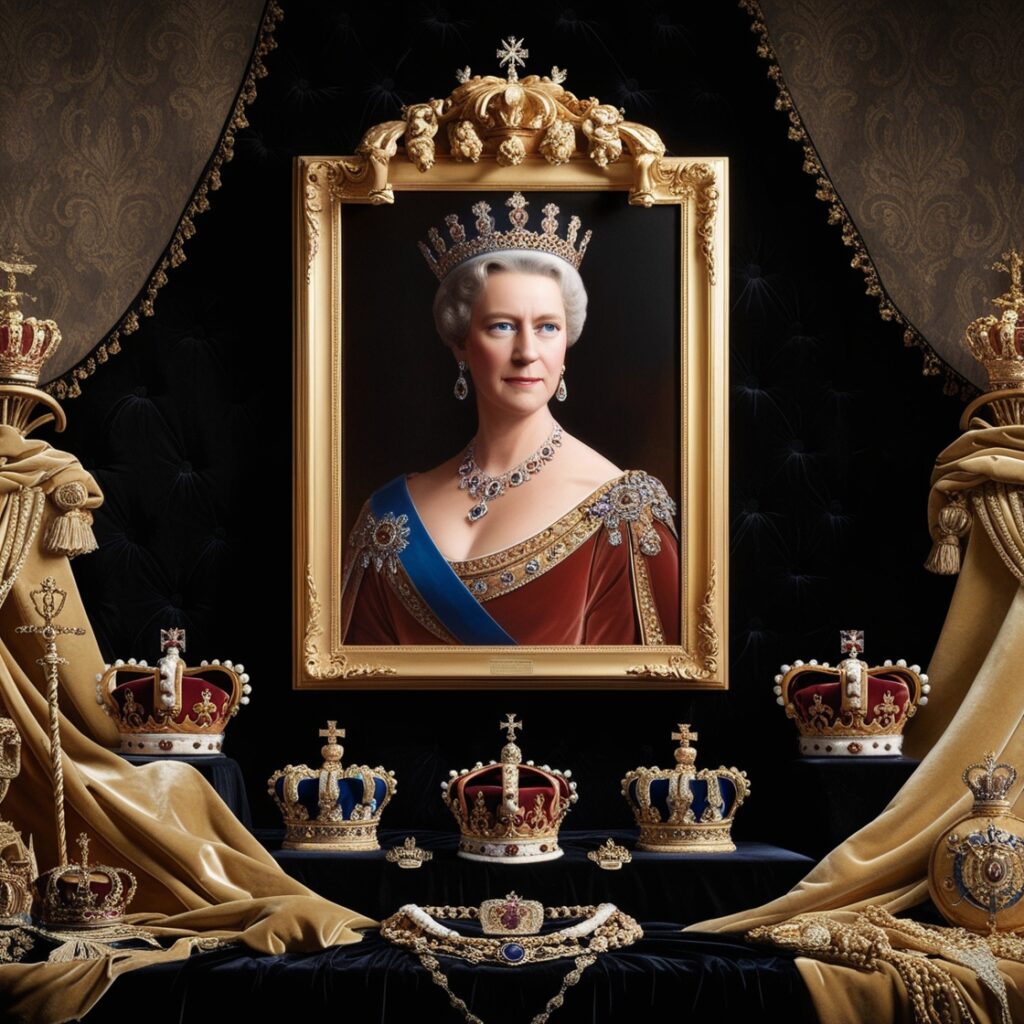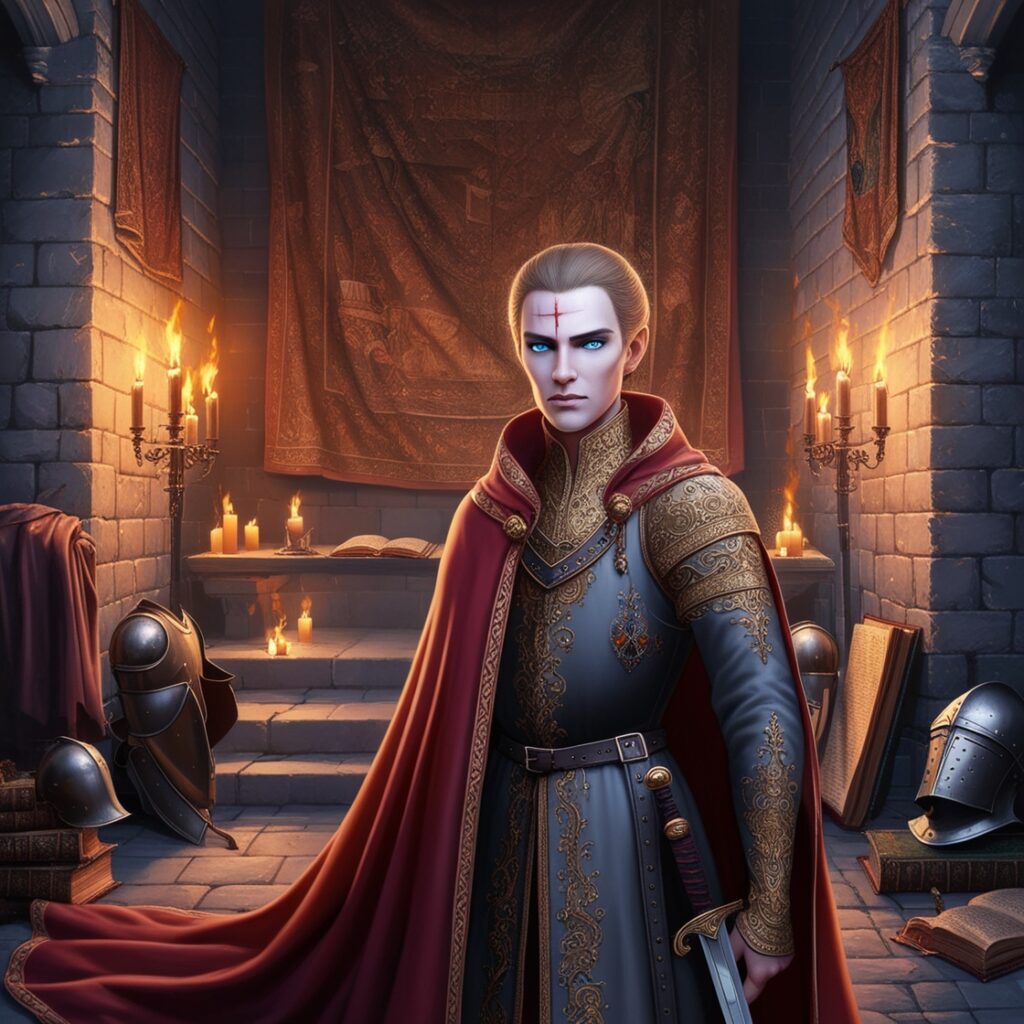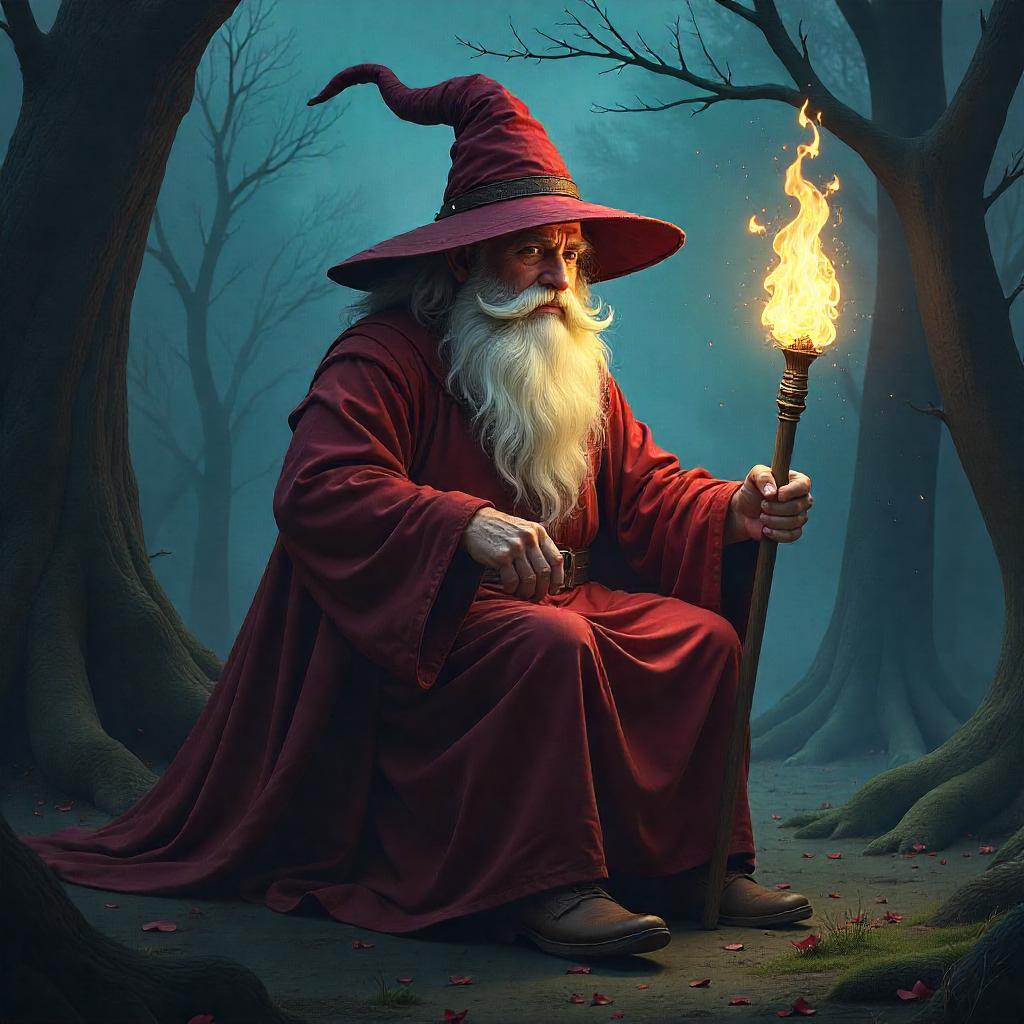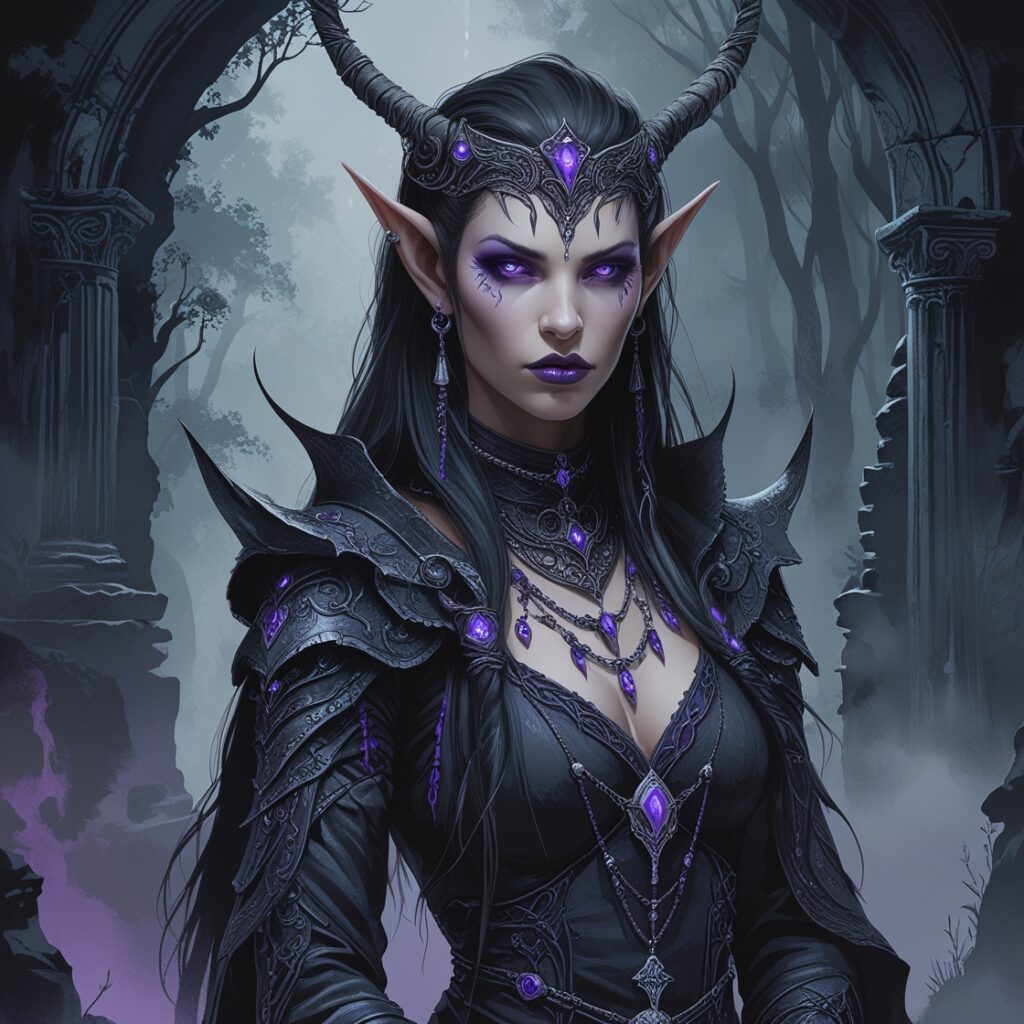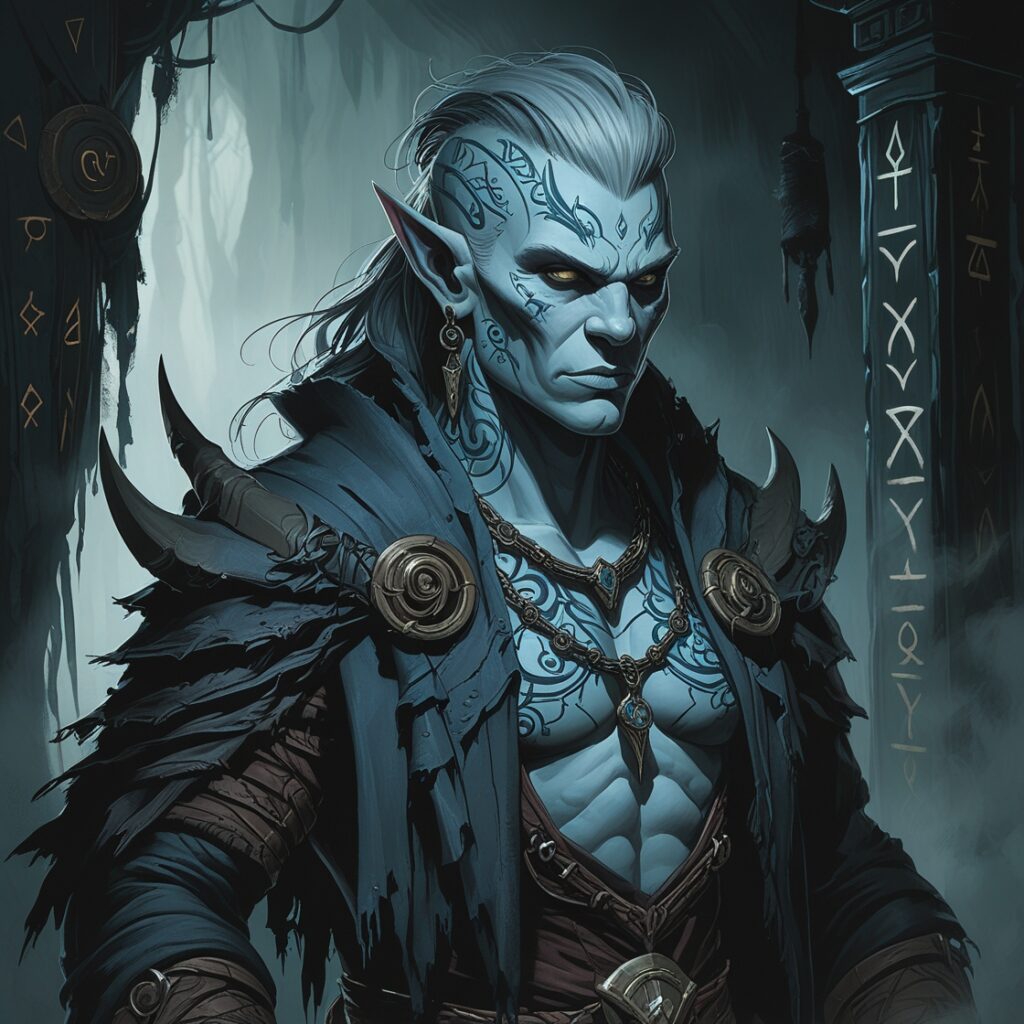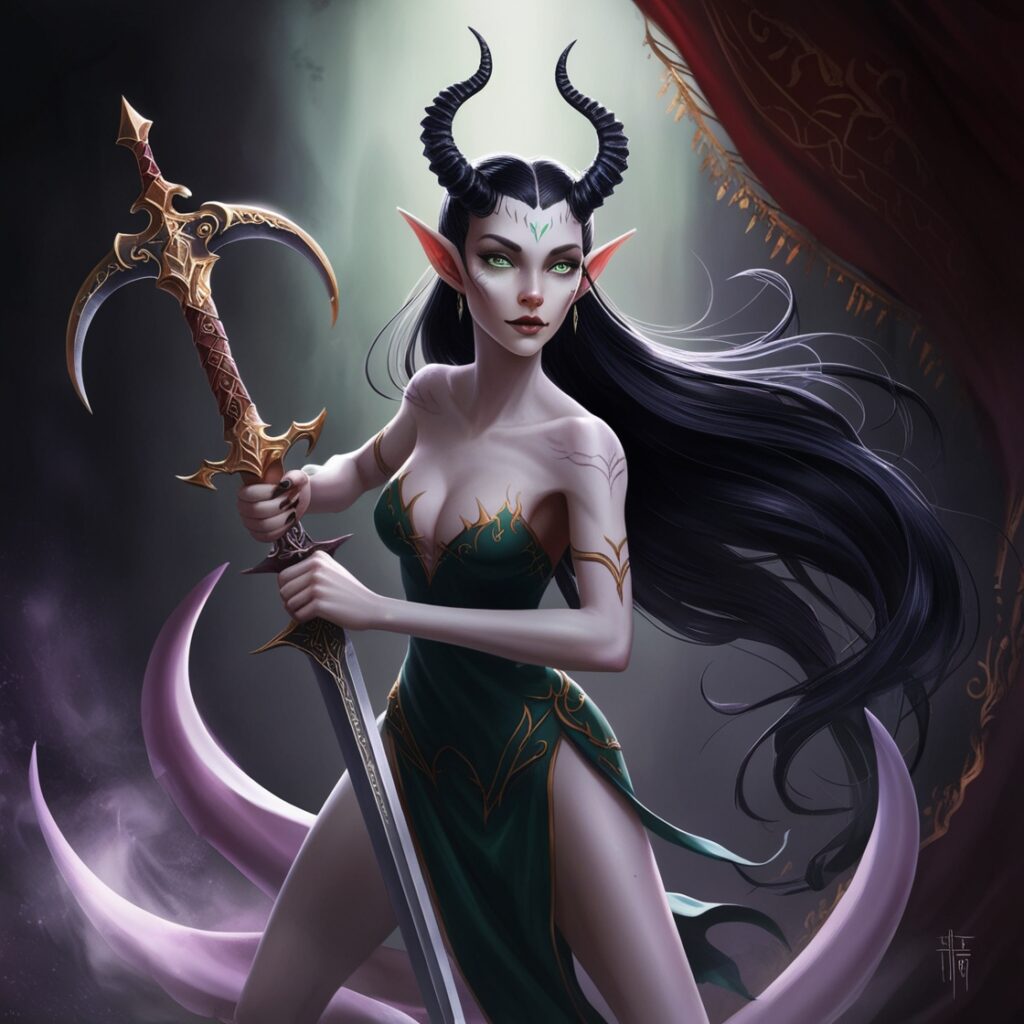Royal name generators have become essential tools for writers, game developers, and creative enthusiasts seeking to craft authentic and compelling noble characters. These specialized algorithmic tools blend historical conventions with creative innovation to produce names that evoke regality, power, and ancestral legacy. This report explores the intricacies of royal name generators, their applications, and how they balance tradition with creativity to serve diverse creative needs.
The Foundation of Royal Name Generators
Royal name generators represent a fascinating intersection of historical research and modern technology. These tools draw inspiration from genuine historical naming conventions while incorporating creative elements to produce names that feel both authentic and unique. At their core, royal name generators utilize algorithmic processes to combine prefixes, suffixes, and name components that evoke nobility and regality.
The most effective royal name generators incorporate several key elements in their design. Historical inspiration serves as a crucial foundation, drawing from real royal names across different cultures and time periods to create an authentic feel. This historical grounding ensures that generated names maintain a sense of tradition and legitimacy that is essential for royal characters. Additionally, well-designed generators consider linguistic patterns and phonetic qualities to ensure the names not only look regal on paper but also sound majestic when spoken.
User customization represents another vital aspect of these tools. Many generators allow users to specify preferences for gender, cultural influence, era, and style, creating a personalized experience that meets specific creative needs. This flexibility enables writers and game developers to tailor royal names to fit precisely within their creative visions and worldbuilding frameworks.
Understanding Royal Naming Conventions
Historical royal naming practices follow distinct patterns that vary across cultures and dynasties. Many royal families adhered to strict naming traditions, often recycling names from previous generations to emphasize continuity and legitimacy. Understanding these historical patterns provides valuable insight into creating authentic-sounding royal names.
Royal name generators typically incorporate these conventions while providing room for creative variation. They may blend traditional elements with subtle modifications or unexpected combinations to create names that feel both familiar and fresh. This balance is particularly important for fiction writers who need names that feel authentic to a historical or fantasy setting while standing out enough to be memorable to readers.
The Technology Behind Royal Name Generators
Modern royal name generators utilize sophisticated algorithms that combine various name components to create cohesive and believable royal identities. These algorithms typically incorporate multiple layers of randomization and variation to ensure diversity in the generated results. By mixing and matching different name elements according to predefined patterns, these tools can produce thousands of unique royal names without repetition.
Quality control mechanisms represent another critical component of effective name generators. These systems filter out inappropriate or nonsensical combinations, ensuring that all generated names maintain a standard of quality and authenticity. Some advanced generators even incorporate machine learning to improve their outputs over time, learning from user preferences and historical data to refine their algorithms.
The user interface plays a significant role in the effectiveness of royal name generators. The most user-friendly tools offer simple, intuitive interfaces that allow users to quickly generate names while still providing customization options for those who want more control over the results. This balance of simplicity and flexibility makes royal name generators accessible to a wide range of users, from professional writers to casual gamers.
Balancing Tradition with Creativity
One of the most significant challenges facing royal name generators is striking the right balance between historical authenticity and creative innovation. While traditional royal names carry a sense of gravitas and historical weight, purely traditional names may sometimes feel predictable or generic2. Conversely, overly inventive names might lack the sense of tradition and legacy that defines royalty.
Effective royal name generators address this challenge by blending classic elements with unexpected twists. For example, they might combine traditional royal prefixes with less conventional suffixes, or pair familiar royal titles with unique personal names. This approach creates names that feel both dignified and distinctive, satisfying the need for both tradition and originality.
Cultural diversity represents another important consideration in royal name generation. By drawing inspiration from a wide range of historical naming traditions, generators can create a diverse array of royal names that reflect different cultural backgrounds and historical periods. This diversity not only expands the creative possibilities but also allows for more inclusive and representative character creation.
Applications and Creative Uses
Royal name generators serve a variety of creative purposes across different media and projects. Fantasy writers use these tools to create compelling royal characters for their novels, short stories, and screenplays. The generated names help establish character identity and social status while contributing to the overall worldbuilding of fictional realms.
Game developers represent another significant user group for royal name generators. Role-playing games, strategy games, and simulation games often feature royal characters that require distinctive and appropriate names5. These generators provide quick solutions for naming numerous characters while maintaining consistency within the game world.
Beyond professional applications, royal name generators also serve hobbyists and enthusiasts in various creative pursuits. Dungeon masters use these tools to name royal NPCs in tabletop role-playing games, while fan fiction writers use them to create original royal characters in established fictional universes. This wide range of applications demonstrates the versatility and utility of royal name generators in creative contexts.
Creating Comprehensive Royal Identities
Advanced royal name generators go beyond simply creating names to help users develop complete royal identities. Some tools allow users to generate not just individual names but entire royal families, complete with appropriate titles and relationships. Others provide complementary features like royal title generators, family crest generators, or dynasty history generators to create a more comprehensive royal backdrop.
These expanded capabilities help creators develop deeper and more nuanced royal characters by providing context and background for their names. A character isn’t simply “Queen Eleanora” but “Queen Eleanora of House Blackwood, third of her name, Protector of the Eastern Realms.” This depth of detail enhances storytelling and worldbuilding, creating more immersive and believable fictional worlds.
Popular Royal Name Generator Tools
The market offers several royal name generators, each with unique features and specializations. Vondy’s royal name generator focuses on creating names for kings, queens, princes, and princesses across various cultural traditions. It offers customization options for character type, first name, surname style, and specific traits or background, making it particularly useful for writers seeking precise control over their royal character names.
Adazing’s royal name generator emphasizes the balance between tradition and creativity, helping users create names that feel both authentic and unique. Its algorithm draws inspiration from historical naming conventions while incorporating creative elements to produce distinctive royal names. This approach makes it particularly valuable for writers seeking to create memorable yet believable royal characters.
Fantasy Name Generators offers a more specialized approach, focusing specifically on creating names that fit within fantasy settings. Their royalty name generator draws from royal names across various cultures and time periods, mixing and matching them to create unique combinations. This cross-cultural approach produces interesting and unexpected royal names that work well in diverse fantasy worlds.
Writecream and Texta offer AI-powered royal name generators with user-friendly interfaces and quick results. These tools emphasize ease of use and efficiency, making them good choices for users who need royal names quickly without extensive customization. Their simple interfaces make them accessible to users with varying levels of technical expertise.
Comparing Features and Capabilities
When evaluating royal name generators, several key features differentiate the various options. Customization options represent one important consideration, with some generators offering extensive control over the output while others provide more limited options. Users with specific requirements may prefer generators with more detailed customization, while those seeking quick inspiration might prefer simpler tools.
Output variety serves as another important differentiator. Some generators focus on producing a wide range of name styles across different cultures and historical periods, while others specialize in specific types of royal names. This specialization can be valuable for projects with particular thematic requirements.
Integration with other creative tools represents a growing trend in royal name generators. Some tools offer complementary features like character backstory generators, royal family tree creators, or title generators that work alongside their name generation capabilities. These integrated approaches provide more comprehensive support for creative projects.
Cultural Influences in Royal Name Generation
Royal naming traditions vary significantly across different cultures and historical periods, and effective royal name generators reflect this diversity. Western European royal naming conventions often emphasize lineage and inheritance, with names frequently recycled across generations to establish continuity2. Eastern royal traditions may place greater emphasis on meaningful names that reflect desired qualities or auspicious circumstances.
Modern royal name generators increasingly incorporate this cultural diversity, allowing users to generate names inspired by specific cultural traditions. This cultural sensitivity enables more authentic and representative character creation, particularly important for stories set in diverse or multicultural settings.
Historical accuracy represents another important consideration in culturally-influenced name generation. The most sophisticated royal name generators research historical naming patterns to ensure their outputs reflect genuine traditions rather than stereotypical approximations. This historical grounding adds authenticity to generated names and respects the cultural traditions they draw from.
Gender Considerations in Royal Naming
Gender plays a significant role in royal naming traditions, with distinct patterns for male and female royalty across different cultures. Royal name generators typically account for these gender differences, offering specific options for kings, queens, princes, and princesses.
Some generators also recognize the evolving understanding of gender in contemporary society, offering non-binary or gender-neutral royal name options. This inclusivity allows creative projects to reflect more diverse representations of royalty and nobility, moving beyond traditional binary gender distinctions.
Future Trends in Royal Name Generation
As technology continues to evolve, royal name generators are likely to incorporate increasingly sophisticated algorithms and capabilities. Artificial intelligence and machine learning promise to enhance the quality and authenticity of generated names, potentially creating systems that learn from user preferences and historical data to produce increasingly refined outputs.
Personalization represents another significant trend, with generators offering increasingly detailed customization options to meet specific user needs. This personalization may extend beyond basic parameters like gender and culture to include nuanced elements like personality traits, historical era, or specific royal traditions.
Integration with broader creative ecosystems represents a promising direction for royal name generators. Future tools may connect seamlessly with writing software, game development platforms, or worldbuilding applications to provide comprehensive creative support. This integration would enhance the utility of royal name generators within larger creative projects.
Ethical Considerations in Name Generation
As royal name generators become more sophisticated, ethical considerations around cultural appropriation and historical accuracy gain importance. Responsible generators should approach diverse naming traditions with respect and research, avoiding stereotypical or offensive representations.
Transparency about algorithmic processes represents another ethical consideration. Users should understand how names are generated and what sources inform the algorithms, allowing them to make informed choices about which names to adopt for their projects. This transparency builds trust and encourages responsible use of generated content.
FAQs for Royal Name Generator
A Royal Name Generator is an online tool that creates regal, historically inspired names for kings, queens, princes, and other nobility. Names like “Emperor Aldrich Valenheart” or “Lady Seraphina of Silvermoor” evoke grandeur, lineage, and the elegance of royal courts.
Using algorithms based on historical dynasties, mythology, and fantasy tropes, the tool blends titles (Lord, Archduke), surnames (Von Eldermere), and descriptors (“the Resplendent”) to craft names that sound authentic to royal lore across cultures.
Reputable generators reference real royal naming conventions (e.g., European “Louis”, Arabic “Zahra”, Asian “Xiang”) while adding creative flair. They avoid modern-sounding names unless specified for fantasy settings.
Absolutely! Names like “Queen Isolde Frostveil” (ice-themed ruler) or “Prince Kaelion Sunspire” (solar-aligned heir) add depth to royal NPCs, noble heroes, or scheming regents in stories or RPGs like Dungeons & Dragons.
Most tools, including platforms like FantasyNameGenerators and AI4Chat, are free. Premium versions may offer extras like dynasty titles, crest designs, or backstory prompts.
Yes! Advanced generators let you filter by:
Region: Medieval European, Middle Eastern, East Asian, etc.
Era: Renaissance, Victorian, or fantasy epochs.
Example: “Sultan Amir al-Malik” (Middle Eastern) vs. “Lady Genevieve de Lumière” (French-inspired).
Many generators add titles like “High King”, “Dame”, or descriptive epithets (“the Wise”, “the Unbroken”). For example: “Grand Duchess Eleanora the Enigmatic.
While generators provide inspiration, verify cultural significance and pronunciation before using for a child. Names like “Leopold” or “Aurelia” are timeless, but “Lord Ignatius Blackthorn” is better suited for fictional use.
Match the name to their role:
Noble hero: “Sir Cedric Dawnshield”
Scheming monarch: “Empress Morgana Voidweaver”
Mystical ruler: “Queen Lyra Starborne”
Yes! Most tools work seamlessly on smartphones, letting you generate names on-the-go for writing, gaming, or brainstorming royal personas for themed events.

